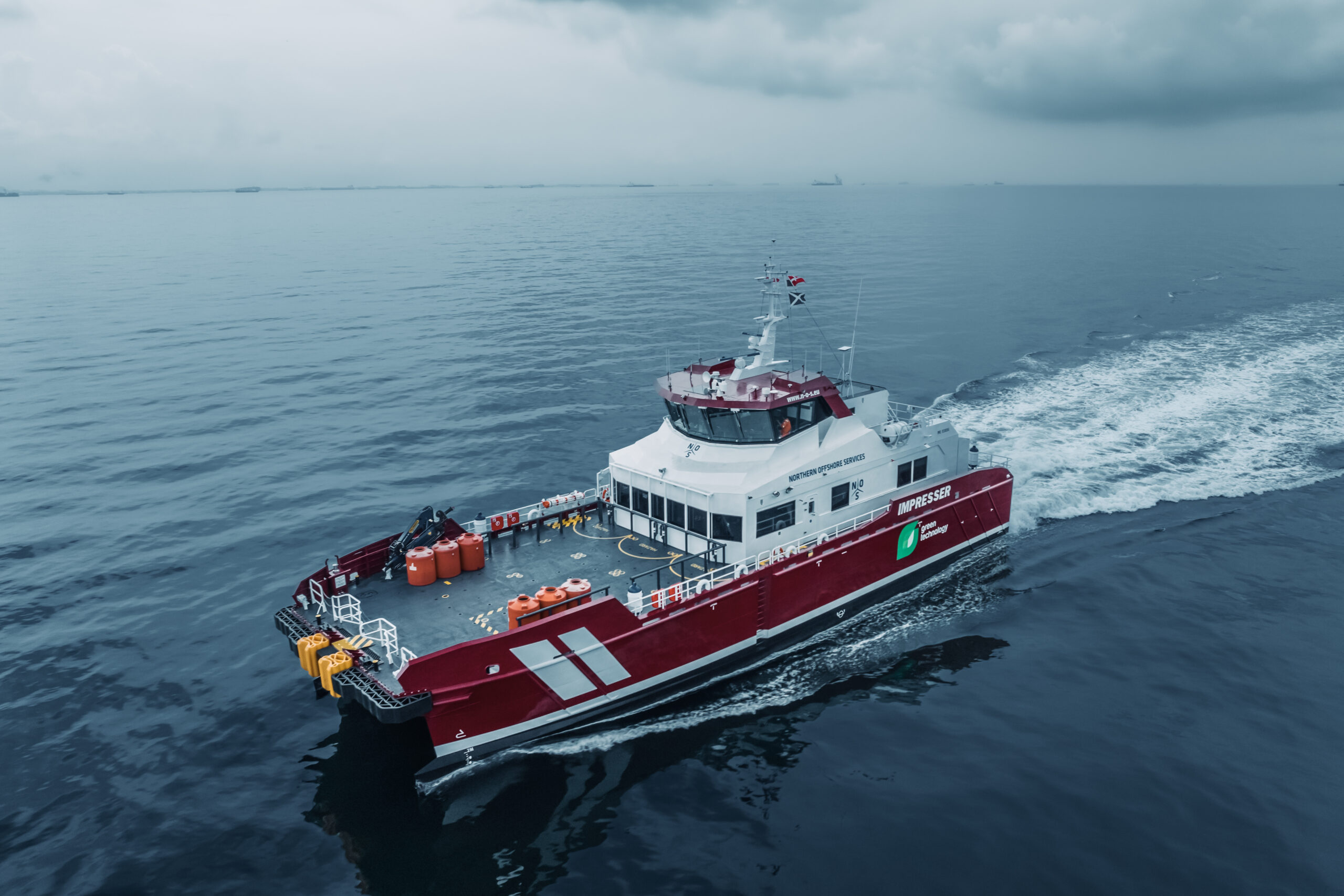
GRAND CANYON NATIONAL PARK, Ariz.— The U.S. Department of Transportation’s Federal Highway Administration (FHWA) today announced $130.5 million in federal grants for seven projects under FHWA’s Nationally Significant Federal Lands and Tribal Transportation Projects Program. The grants, announced at an event at the Grand Canyon National Park, recognize transportation projects of national significance that serve Federal and Tribal lands. FHWA also announced applications are open for the next round of funding through this program.
These grants are part of President Biden’s Investing in America agenda to grow the American economy from the bottom up and middle-out — from rebuilding our nation’s infrastructure, to creating a manufacturing and innovation boom powered by good-paying jobs that don’t require a four-year degree, to building a clean-energy economy that will combat climate change and make our communities more resilient.
“Under President Biden’s leadership, we are delivering infrastructure improvements on Federal and Tribal lands that communities have needed for decades,” said U.S. Transportation Secretary Pete Buttigieg. “With today’s announcement, we’re making it easier for Americans to access some of our greatest natural wonders, and improving road safety in Tribal communities, which face some of the highest rates of traffic deaths in the nation.”
“FHWA is proud to award these grants that will help make travel safer and provide more enjoyable access to key destinations that support local residents, business and visitors,” said Federal Highway Administrator Shailen Bhatt. “From the Grand Canyon in Arizona to Chincoteague National Wildlife Refuge in Virginia, these projects will help address the climate crisis and make a huge difference in the safety and quality of life for surrounding communities and hundreds of thousands of visitors to our nation’s Federal parks and wildlife refuges.”
The grant recipients announced today are as follows:
- The National Park Service will receive $27.5 million for the Grand Canyon National Park Shuttle Bus Fleet Replacement project in Arizona. The project includes the purchase of 30 new buses, including 10 new battery electric buses and 20 new compressed natural gas (CNG) buses to replace the current aging fleet and installation of charging infrastructure to support the electric buses.
- The North Carolina Department of Transportation will receive $21.4 million to construct the Ecusta Rail Trail between the City of Hendersonville and the City of Brevard, which will connect the statewide bike route system with Pisgah National Forest and the Blue Ridge Parkway near Asheville. The project includes construction and completion of the entire Ecusta Rail Trail, an 18.8-mile shared-use path on an abandoned railroad route that will connect the county seats of Henderson and Transylvania Counties in Western North Carolina to Pisgah National Forest.
- The U.S. Fish and Wildlife Service will receive $17.7 million to begin improvements of Multimodal Beach Access at Chincoteague National Wildlife Refuge in Virginia. The award will initiate the first phase of a larger project in partnership with the National Park Service and Assateague Island National Seashore that will allow for the relocation of the existing public recreational beach to a more stable part of the island. Construction will include a new access road, a multiuse path and portions of new parking lots and other beach facilities that are better able to withstand extreme weather events.
- The County of Tooele, Utah, will receive $8.3 million for the Ibapah Road Safety and Rehabilitation Project in Utah. The project will provide essential mobility and safety improvements along 35 miles of a rural highway that is the principal route connecting the Confederated Tribes of Goshute Reservation with goods, services and schools in Utah and Nevada.
- The Confederated Salish and Kootenai Tribe in Montana will receive $30.5 million to fund the first phase of the U.S. 93 roadway improvement project from Dublin Gulch to Gunlock Road, including a new multi-span bridge over Ninepipes Reservoir. The project will provide necessary safety improvements to U.S. 93, which provides critical access to services, recreation and economic opportunities for the Flathead Indian Reservation. The project will also include a separated, shared-use path.
- The Pyramid Lake Paiute Tribe in Nevada will receive $11.9 million for construction of the Wadsworth Bypass Road (Indian Route 35), a new road that will help convey highway traffic away from residential areas within the community of Wadsworth. The project will improve travel conditions and access to Interstate 80, reduce traffic congestion and increase safety on a route that supports both gold and silver mining interests as well as provides access to the annual Burning Man festival which draws thousands of visitors each year.
- The Cherokee Nation in Oklahoma will receive $12.9 million for the Cherokee Nation Mud Valley Road Reconstruction project, which will make improvements to the road within the Cherokee Nation Reservation, including adding shoulders, replacing three bridges and improving the line of sight at an existing intersection by constructing safety countermeasures.
More information about the availability of $88.29 million in FY 2023 funds can be found in the Notice of Funding Opportunity. Information on how to apply is available at Grants.gov.
Courtesy of U.S. Department of Transportation.
Featured image courtesy of Proterra.
I don’t like paywalls. You don’t like paywalls. Who likes paywalls? Here at CleanTechnica, we implemented a limited paywall for a while, but it always felt wrong — and it was always tough to decide what we should put behind there. In theory, your most exclusive and best content goes behind a paywall. But then fewer people read it! We just don’t like paywalls, and so we’ve decided to ditch ours. Unfortunately, the media business is still a tough, cut-throat business with tiny margins. It’s a never-ending Olympic challenge to stay above water or even perhaps — gasp — grow. So …




